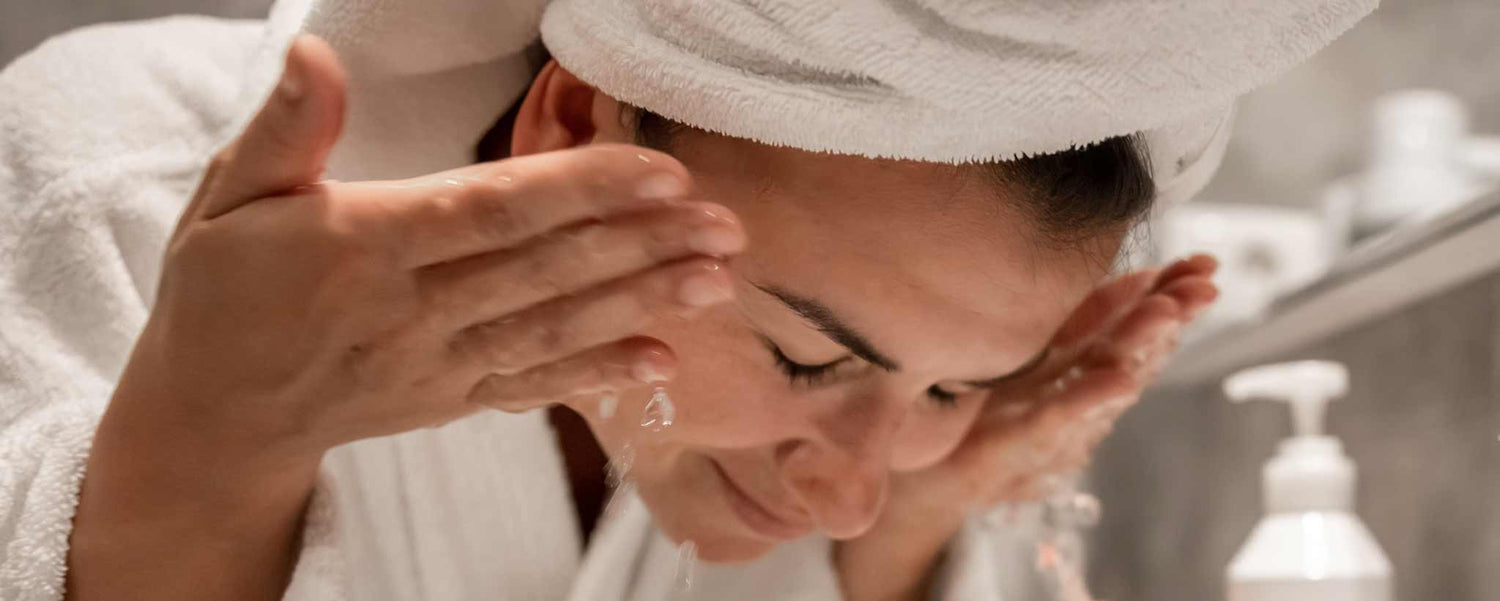This article briefly discusses problem areas with suggestions for maintaining good hygiene in each of them.
Publish 2 June 2022
Impervious Barrier
Where are dermatologically significant breeding grounds for bacteria? The integumentary system comprises a barrier of hair, skin, and nails to protect internal organs from bacteria and maintain proper body temperature. Its efficiency is not without persistent invaders. Germs, bacteria, and parasites launch an assault on our barrier each day.
There is a chance of infection anytime the skin barrier is broken. But insidious invaders play the long game and work slowly to compromise the integumentary system. Some areas of our body require more diligent attention than others. Top to bottom, these include:
- Scalp
- Face
- Mouth
- Ears
- Armpits
- Fingernails
- Under Breasts
- Navel
- Perineum
- Toes
- Deep Folds
This article briefly discusses why these are problem areas with suggestions for maintaining good hygiene in each of them. First, understand that everyone has individual weaknesses and sensitivities to allergens. Something we come in contact with or consume can cause our skin to flare up. Learning what things irritate is key to maintaining a healthy barrier.
How Often to Wash Scalp
Washing your hair, if it’s long, is different from washing your scalp. Depending on your activities and skin condition, your scalp may perspire or flake. Washing too frequently dries it of oils. On average, every 2 to 3 days generally keeps your scalp in good condition.
How Often to Wash Face
Going out in public exposes your face to pollution and germs. You also perspire. Lying this head on a pillow transfers the germs and can cause skin breakouts. Most people only need to wash their face twice a day. Usually, this is when, after waking up in the morning and before going to bed at night. Avoid harsh detergents and moisturize afterward. An occasional facial can unclog pores.
How Often to Clean Mouth
As a bacterial entranceway to the digestive system, teeth require—at minimum—daily brushing. Endeavor to floss at least five times per week—usually during brushing sessions or following a meal. Also, use a good tongue scraper daily.
How Often to Wash Ears
Ear crevices catch wax, dirt, and dead skin. Use a warm, damp cloth daily to keep them clean. Make sure you clean the backs of your ears, which are known to accumulate an odor. For simplicity, most people include ear washing with their facial care routine.
How Often to Wash Armpits
Your underarms collect bacteria and exude an unpleasant odor. Hyperhidrosis is a condition that describes excessive sweating. It can affect all areas of the body, including palms, scalp, and armpits. Unless you suffer from hyperhidrosis or have a vigorous workout, thorough cleaning of the underarms once per day may be sufficient.
How Often to Wash Fingernails
Our versatile fingernails can be a shield against damage or a tool for peeling fruit. We can use them as screwdrivers if the screw is not too tight. But fingernails can also become spoons for bacteria that wedge beneath them.
A quick handwash without cleaning nails can transfer bacteria to food. A fingernail scrub brush can remove debris twice per day or as needed. Also, short, transparent fingernails are easiest to keep clean.
How Often to Wash Under Breasts
Bigger is not always better. Larger breasts have more area beneath them to collect perspiration, odor, and redness. Cotton bras, deodorant, and bra liners help keep moisture at bay. Remove bras at bedtime. With these tips, you should be fine washing beneath your boobs once per day.
How Often to Wash Navel
Some people have “innies” while others have “outies.” One Victoria’s Secret model has virtually no navel. Belly buttons that have pockets can collect lint, dead skin, and bacteria. At least once a week, swabbing them with alcohol or soapy water on a rag can keep them in good condition.
How Often to Wash the Perineum
This is the area between your genitals and your anus. It is subject to perspiration and residue from its northern and southern boundaries. Daily washing prevents parasite proliferation and excessive odor. Excessive malodor from the genitals may indicate a medical or dietary disorder.
How Often to Wash Toes
Toe jams might sound like a music list that makes you tap your feet. But it is the debris that accumulates beneath toenails. Feet sweat, especially when trapped within dark shoes for hours. Bacteria causing athletes’ feet can thrive between your toes. Keeping them clean and dry can require daily care.
How Often to Wash Deep Folds
It may not be an issue if you are a few pounds overweight. But as the weight grows, you may develop extra folds in your skin that trap moisture and dirt. Add these to your list of daily problem areas for cleaning.
Maintain good hygiene with regular cleaning of your body and home. Having a mental or written schedule will help keep you smelling fresh and feeling healthy. Did you know that not all bacteria are bad? Learn about probiotics for good health.
Enjoy more articles about dermatology
ClinicalPosters offers human anatomy charts, scientific posters, and other services that compliment articles about dermatology. Slide extra posters into DeuPair Frames without removing from the wall.
Show your support by leaving an encouraging comment to keep the research going.
Support the writing of useful articles about dermatology by exploring human anatomy charts, scientific posters, and other products online. You may sponsor specific articles.
ClinicalPosters provides human anatomy charts, scientific posters, and other products that compliment useful articles about dermatology.
ClinicalPosters offers human anatomy charts, scientific posters, and other products online.
You can sponsor useful articles about dermatology or donate to further research.







